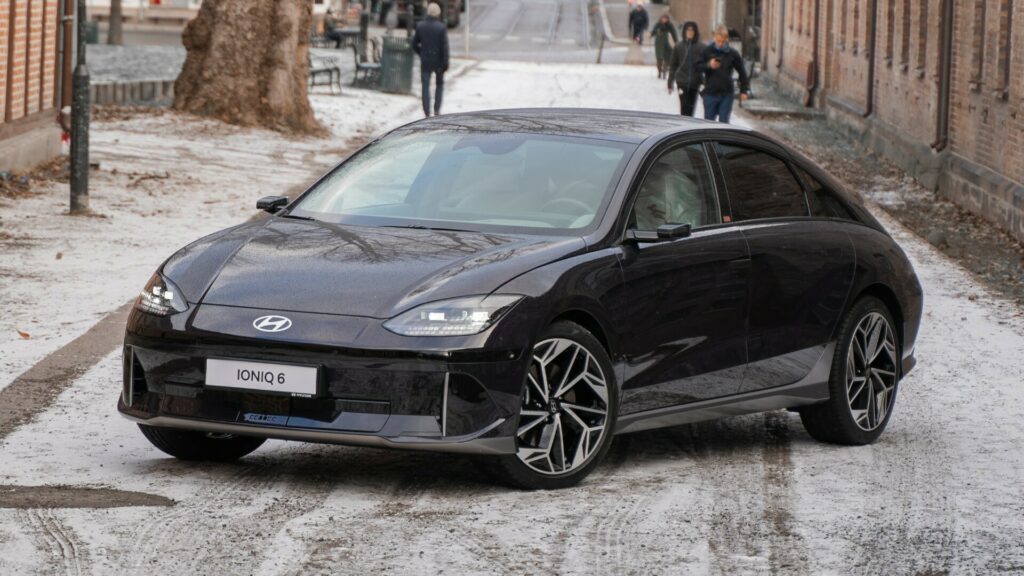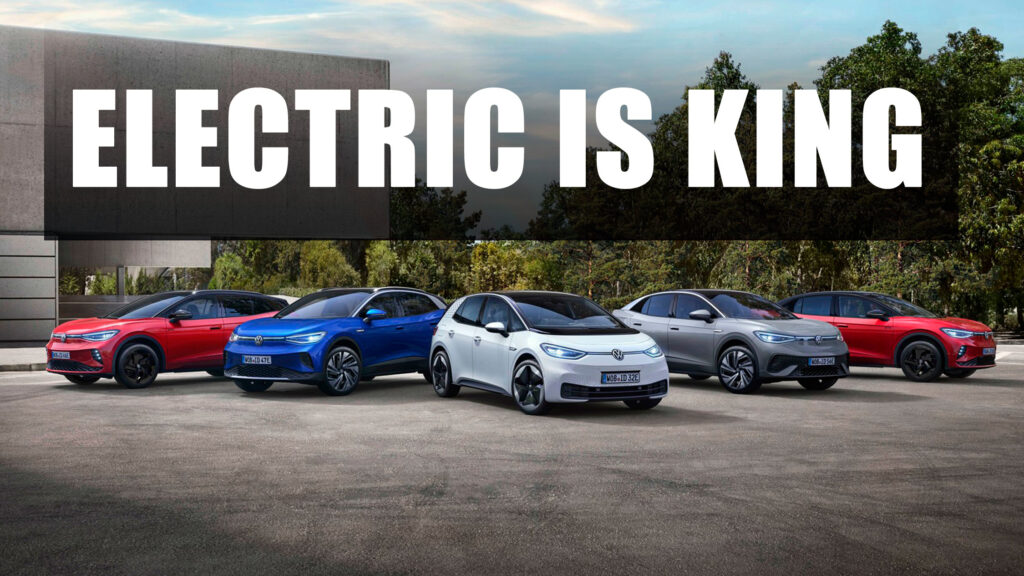- Battery-electric vehicles could outnumber both petrol and diesel vehicles in Norway by 2029.
- Over 90% of new cars sold in the country are BEVs.
- There are more than 700,000 BEVs currently on the nation’s roads.
Battery-electric vehicles on the roads of Norway could soon overtake petrol-powered vehicles but it may take three or four more years before they outnumber diesel vehicles.
Norway remains a leader in battery-electric vehicle sales and since the start of this year, roughly 90% of all new vehicles sold in the country have been BEVs. The country is also on track to ban the sale of new petrol and diesel cars by 2025, becoming the first nation to do so.
Read: Ford F-150 Lightning Looks To Electrify Norway As Deliveries Begin
While new BEV sales have easily out-paced those of petrol and diesel models in recent years in Norway, data from the Norwegian Public Roads Administration reveals there are approximately 776,003 petrol cars on the nation’s roads, 1,068,929 diesel vehicles, 339,724 hybrids, and 700,358 BEVs. Speaking with Reuters, think-tank CICERO senior researcher Robbie Andrew said BEVs will soon outnumber petrol cars.
“If that (trend) is continued for the next 12 months and given that sales of pure-petrol cars are negligible now, this time next year there will be more BEVs on the road than pure-petrol cars, and probably before the end of this year.” He added it could take a few more years before BEVs eclipse diesel vehicles on Norwegian roads. BEVs may outnumber the total of petrol and diesel cars in the country as early as 2029.
In January, BEVs accounted for 92.1% of all new cars sold in Norway. This figure slipped slightly in March to 89.3% due in part to rising interest rates and tax exemption cuts. In 2023, the government removed a value-added tax exemption on BEVs that cost more than 500,000 Norwegian crowns (~$46,700), making them more expensive. Despite this change, tax exemptions on BEVs still cost the Norwegian government 43 billion crowns ($3.95 billion) last year .




